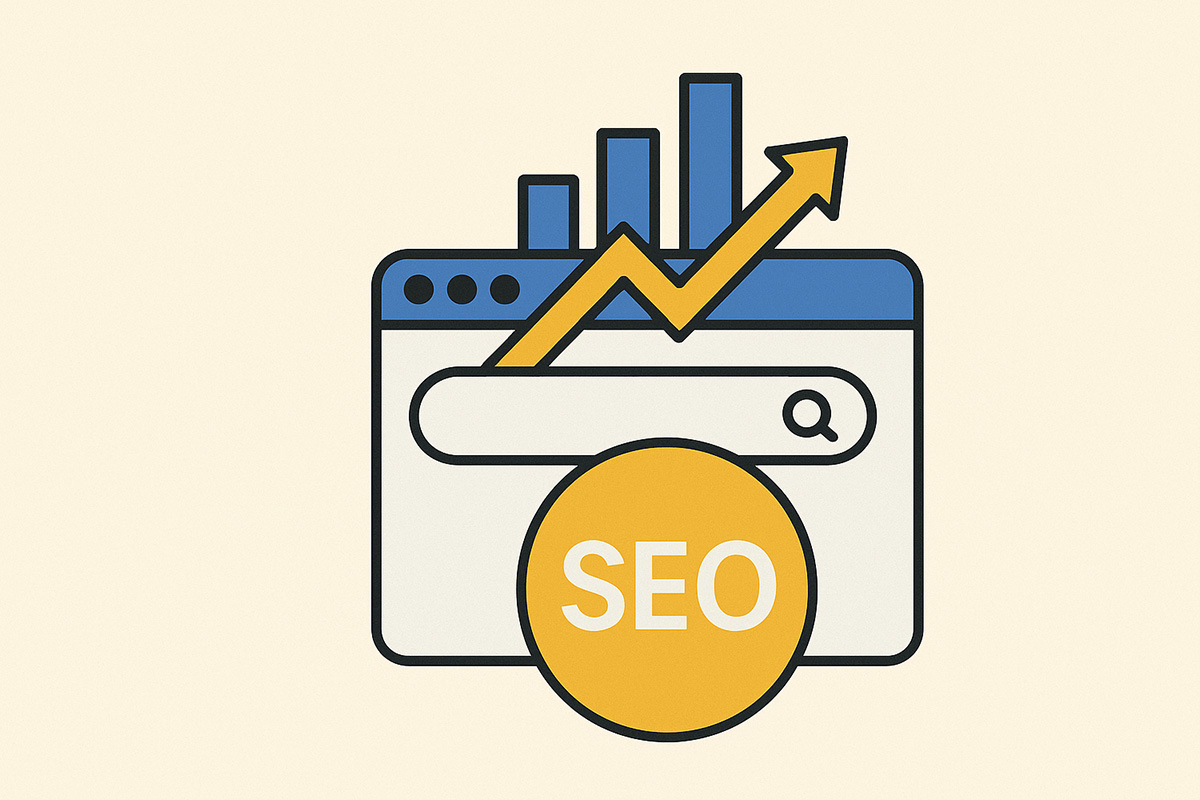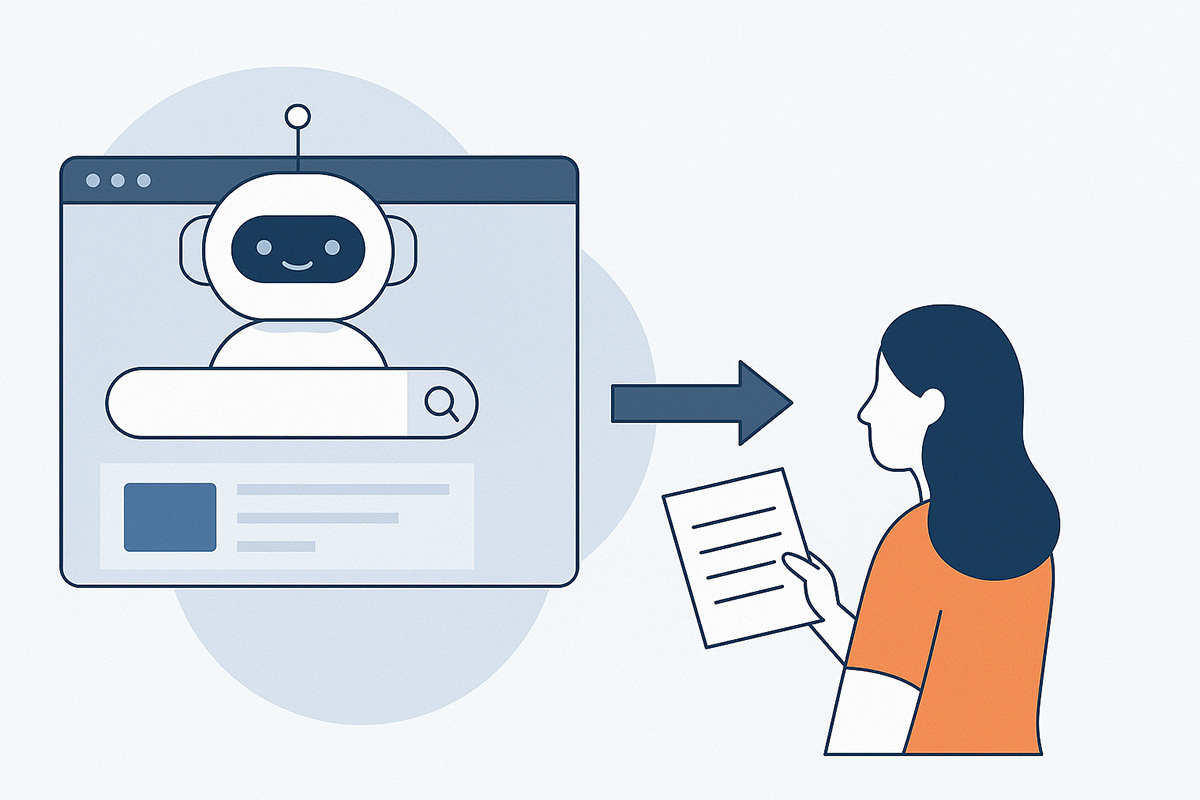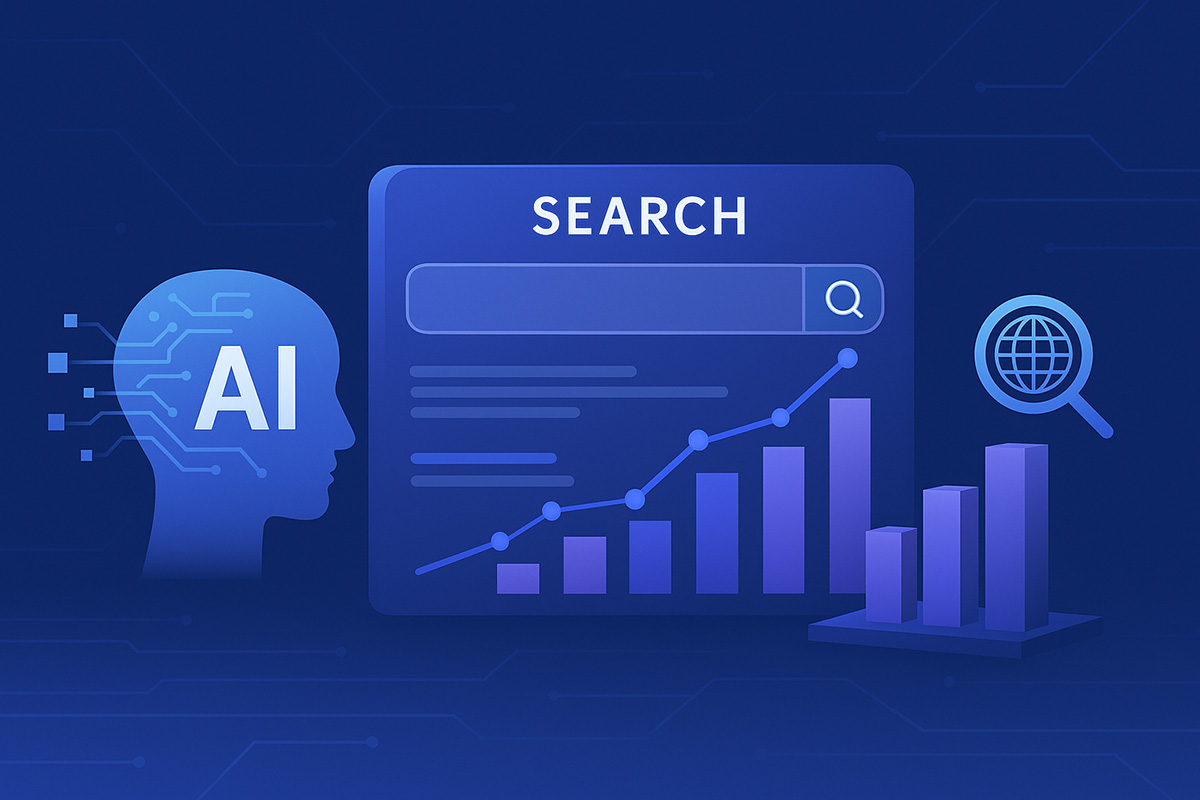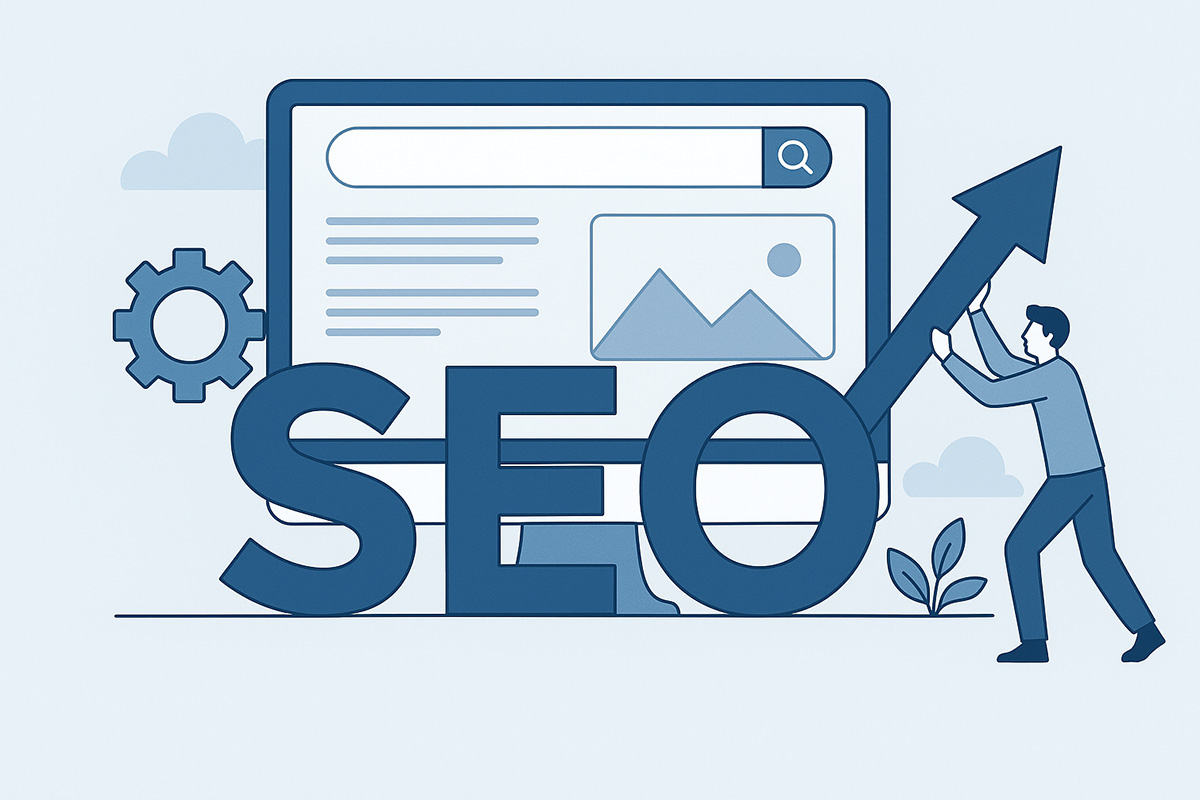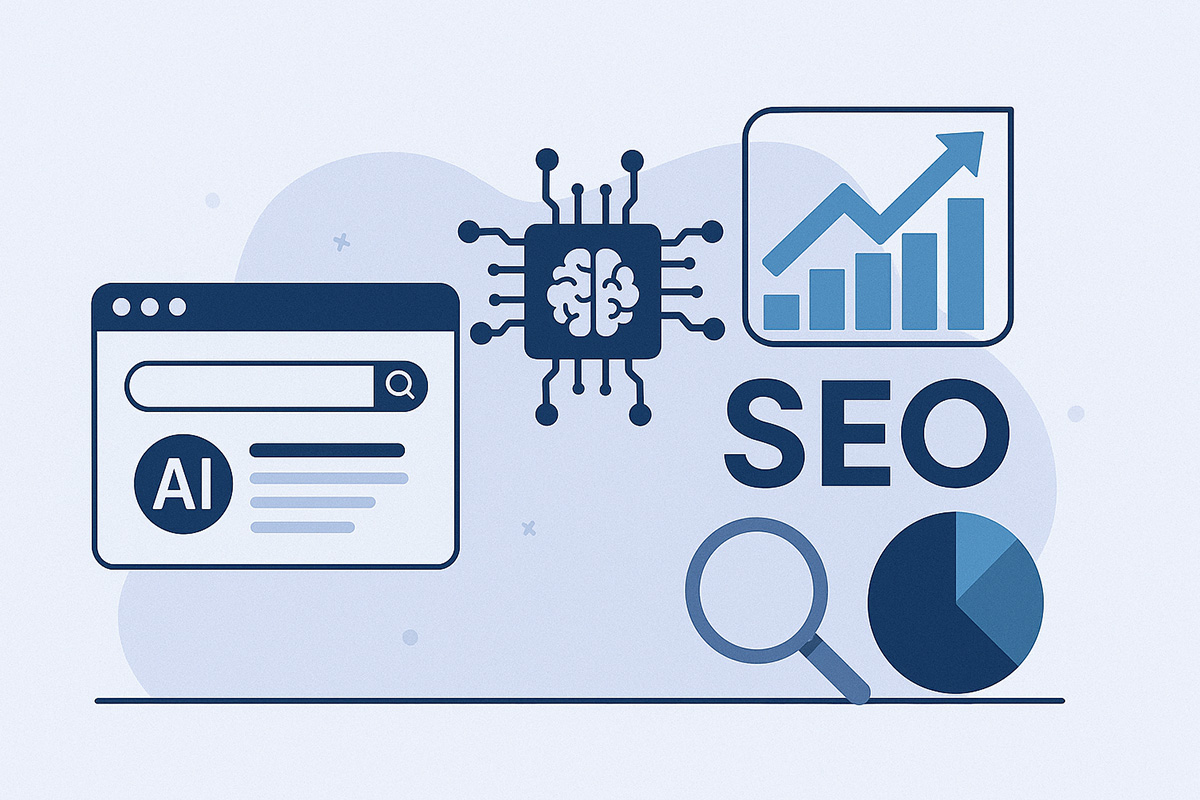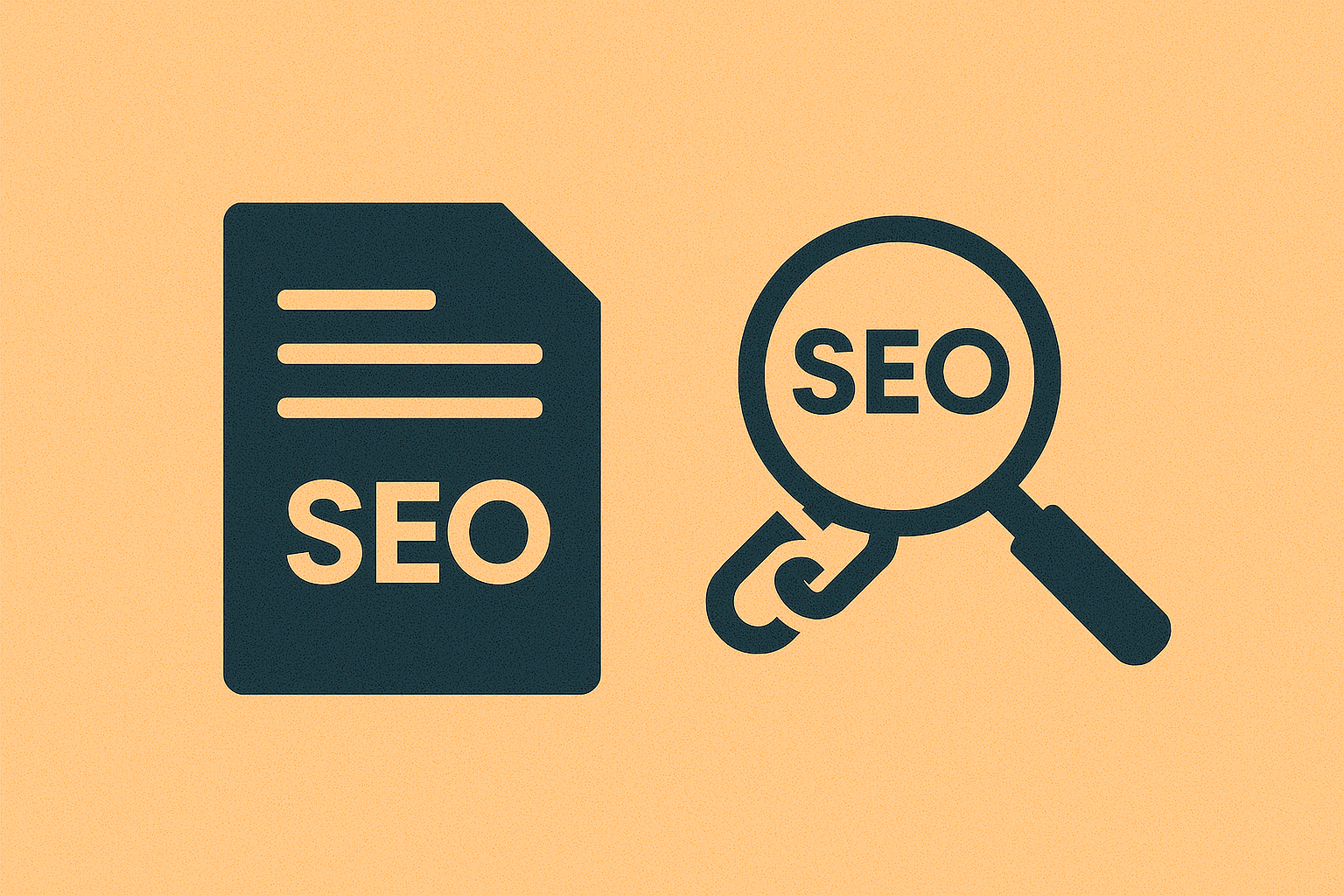Home / Blogs / How User Experience Affects SEO: The Unignorable Connection
How User Experience Affects SEO: The Unignorable Connection
 SEO
SEO
Search Engine Optimisation (SEO) has come a long way from just being keywords and links. As search engines are becoming smarter every day, they have begun to place more weight on how users interact with a website. If you click on a search result and bounce back after a few seconds because the content is not relevant, search engines will take notice.
This is why, in today's search algorithms, user experience (UX) is more than just a buzzword because if your site doesn't offer a good experience, your rankings will suffer. To help you explore the tight relations between UX and SEO, this blog will dive into the unignorable connection of how user experience affects SEO and why focusing on both is the key to success.
Understanding User Experience (UX)
To understand how user experience affects SEO, we must first revise what user experience exactly means. In a nutshell, UX is the experience a person will have when interacting with your website, product or service. It includes every aspect of the user's journey, from the moment they land on your page to how easily they find the information you are looking for and everything in between. Here is a brief look at the different aspects of user experience so that we can learn how to optimise them effectively.
- Usability
Usability is a broad term that, in its simplest definition, means how easy it is for users to navigate your website. Usability also focuses on how intuitive your website is. Whether the design helps users find what they need quickly, and if it allows them to complete tasks without confusion.
- Accessibility
Ensuring that your website is usable by everyone, including people with disabilities, is a critical part of UX. Apart from being a ranking factor, ensuring that users of all abilities can use your services can vastly improve engagement with your content.
- Visual Design
This includes the aesthetics of the website—colours, fonts, and layout. A good visual design enhances usability by drawing attention to important elements and ensuring a pleasant, cohesive look.
- Content Quality
UX isn’t just about design—it’s about content too. Relevant, high-quality content that meets users’ needs is central to a great user experience. Clear, concise, and informative content keeps users engaged while encouraging them to explore further.
- Responsiveness
With the increasing use of mobile devices, websites need to be responsive. This means they should adapt to different screen sizes, offering the same smooth experience whether on a desktop, tablet, or smartphone.
- Interactivity
Interactive elements like buttons, forms, and calls-to-action should be designed with the user in mind, encouraging engagement and making interactions easy and intuitive.
How User Experience Affects SEO
Now that we have had a quick refresher on UX, let's take a look at how it affects SEO.
- Page Speed and Performance
Slow-loading websites can frustrate users and lead to higher bounce rates. This is why Google prioritises fast-loading pages in search rankings because they provide a better user experience. Optimising a website's speed can enhance the user experience and boost search engine optimisation (SEO) efforts.
- Mobile Friendliness
Due to the shift towards mobile-first indexing, websites that are optimised for mobile devices now rank higher in search results. A mobile-friendly design enhances user experience (UX) by ensuring smooth and seamless navigation across different devices.
- Engagement Metrics
User satisfaction is reflected in metrics such as bounce rate, dwell time, and click-through rate (CTR). Search engines take these indicators into account when determining the relevance and engagement of a page, which ultimately affects its ranking.
- Clear Navigation
A well-structured and easy-to-navigate website enhances the user experience by enabling visitors to find the information they need promptly. Additionally, search engines favour websites with clear architecture and intuitive navigation.
- Content Relevance
Creating high-quality, relevant content that directly addresses user queries not only enhances SEO but also encourages users to remain on your site for extended periods, signalling the content's value and ability to engage effectively.
- Core Web Vitals
Google's Core Web Vitals measure aspects of user experience, including interactivity, visual stability, and loading performance. Websites that meet these standards tend to rank higher in search results.
- Security and Trust
HTTPS encryption is a ranking factor that also improves user experience by building trust. A secure site makes visitors feel more comfortable, which leads to longer sessions and higher engagement.
Tips to Improve UX for Better SEO Results
Here are some tips to improve each of the above UX factors for better SEO results.
- Optimise your page speed and performance by compressing images, enabling browser caching, and minimising code to improve load times.
- Ensure your website uses responsive design and test mobile usability through tools like Google’s Mobile-Friendly Test.
- To facilitate effective navigation, organise content logically with clear headings, a sitemap, and internal linking to enhance usability and SEO simultaneously.
- Use short paragraphs, bullet points, and simple language, and ensure text is legible across devices by using appropriate font sizes and spacing to improve content relevance.
- You can also improve engagement by providing interactive elements such as videos, polls, or infographics and use compelling CTAs to guide users.
- Lastly, you also need to create an internal linking strategy where related posts and pages are interconnected, ensuring smooth navigation and improved SEO performance.
Final thoughts
All things considered, the connection between user experience and SEO remains unignorable. If you want to create a website that is optimised for SEO and provides a superior user experience as well, then our SEO agency in Mumbai can be of great help to you. We at Verve Media can ensure that your site is optimised for search engines by providing a seamless and engaging user experience. Partner with our digital marketing agency in Mumbai to create a website that both users and search engines love and enhance visibility, traffic and conversion rates.

.jpg)
.jpg)

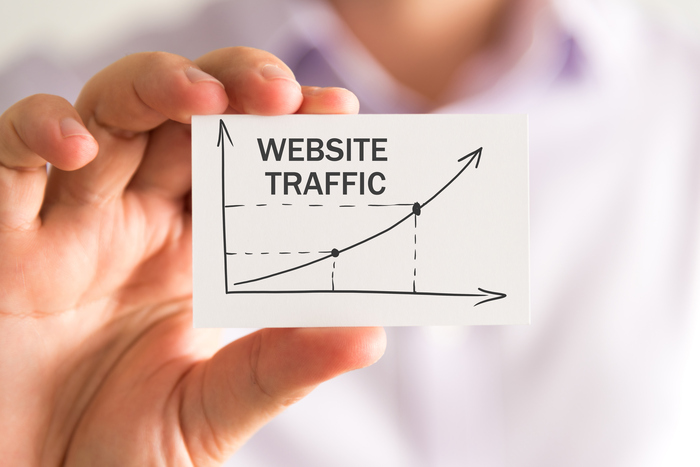






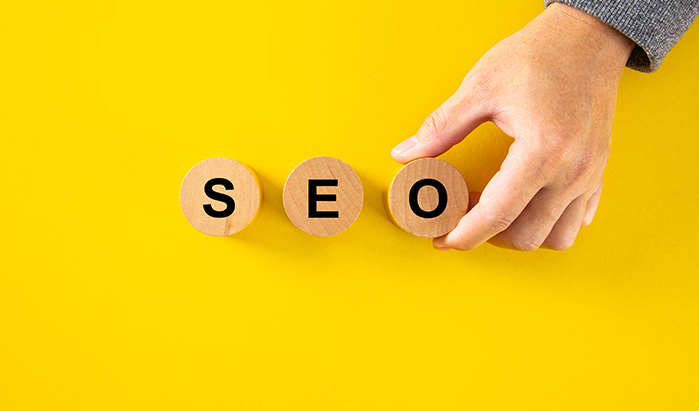
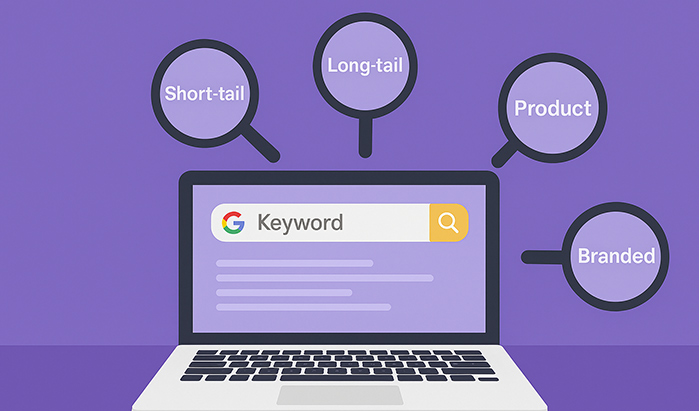


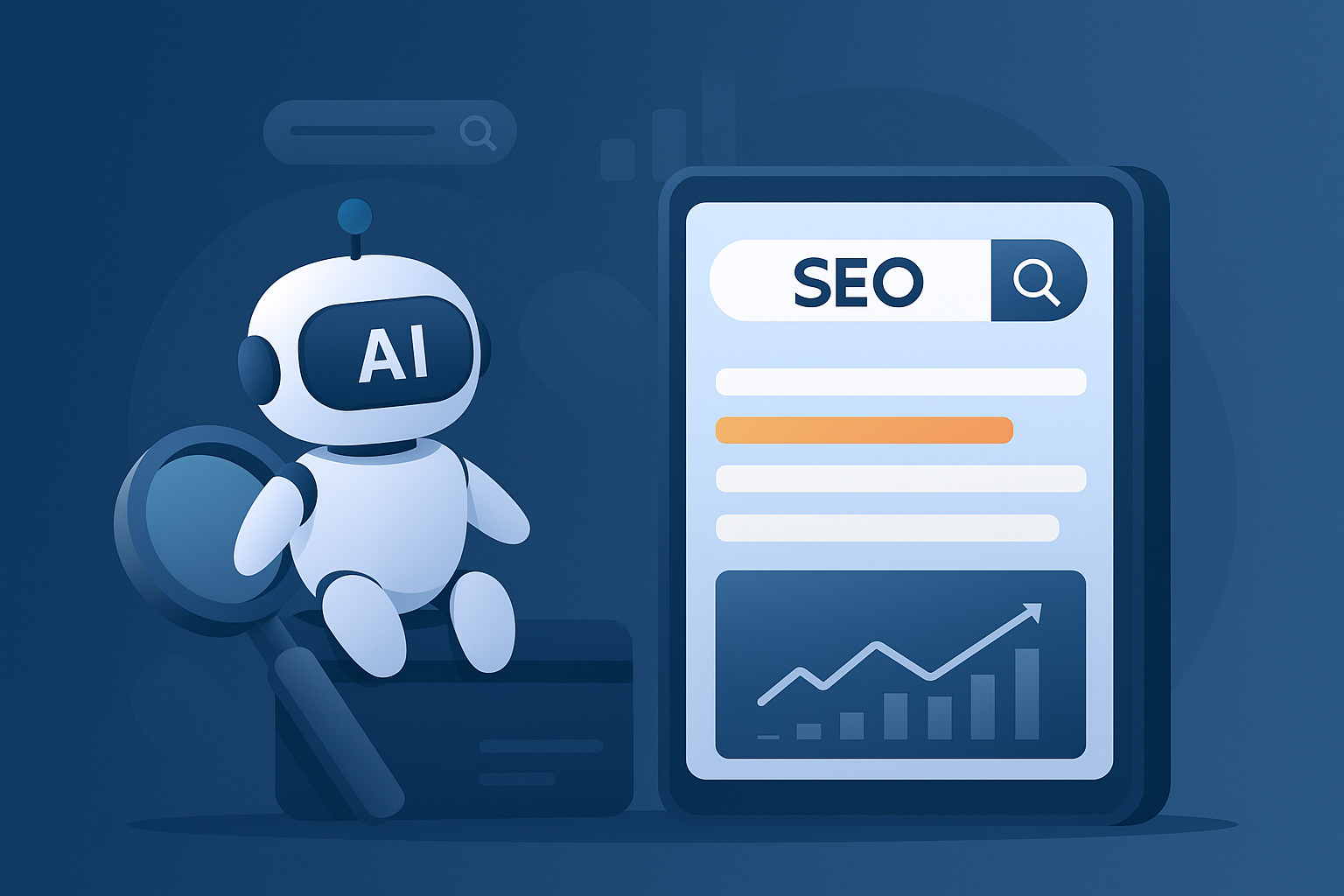





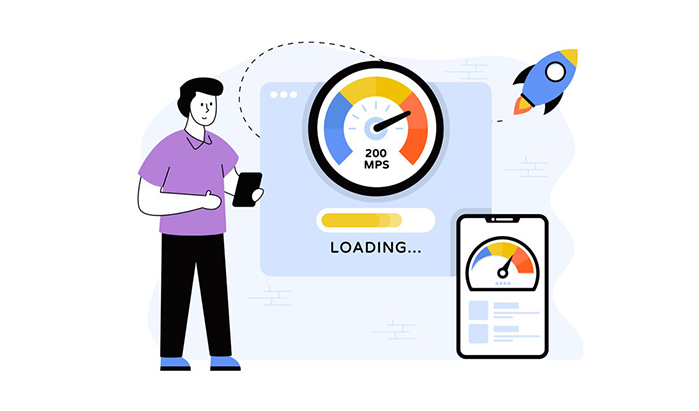



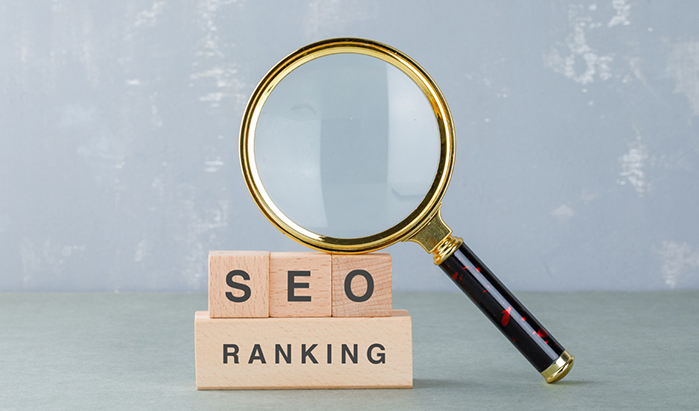

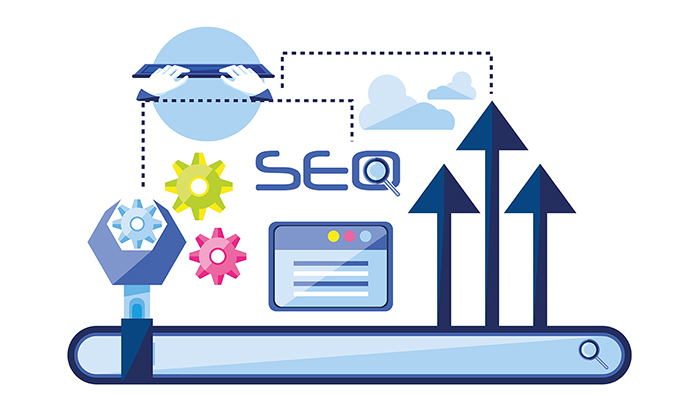


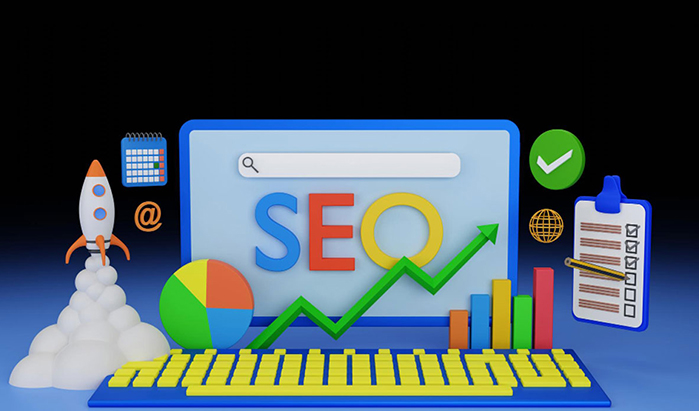
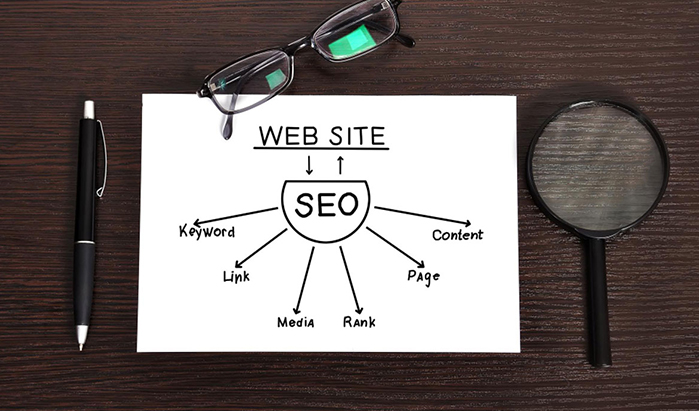






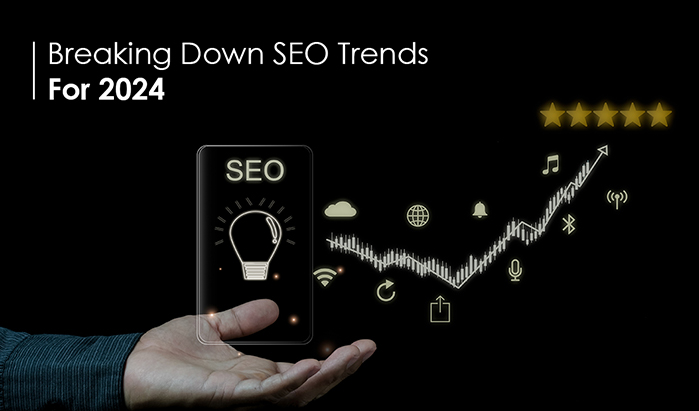




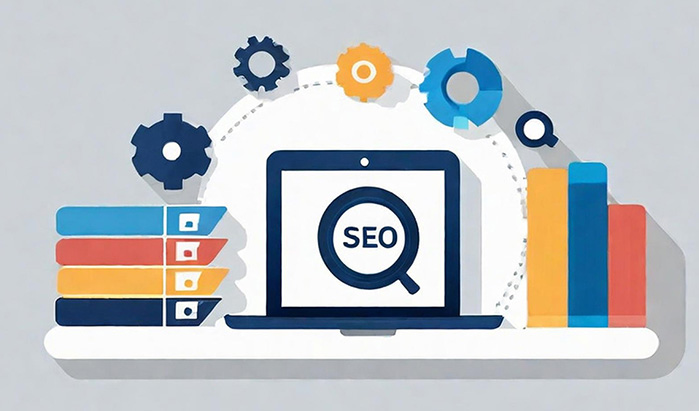
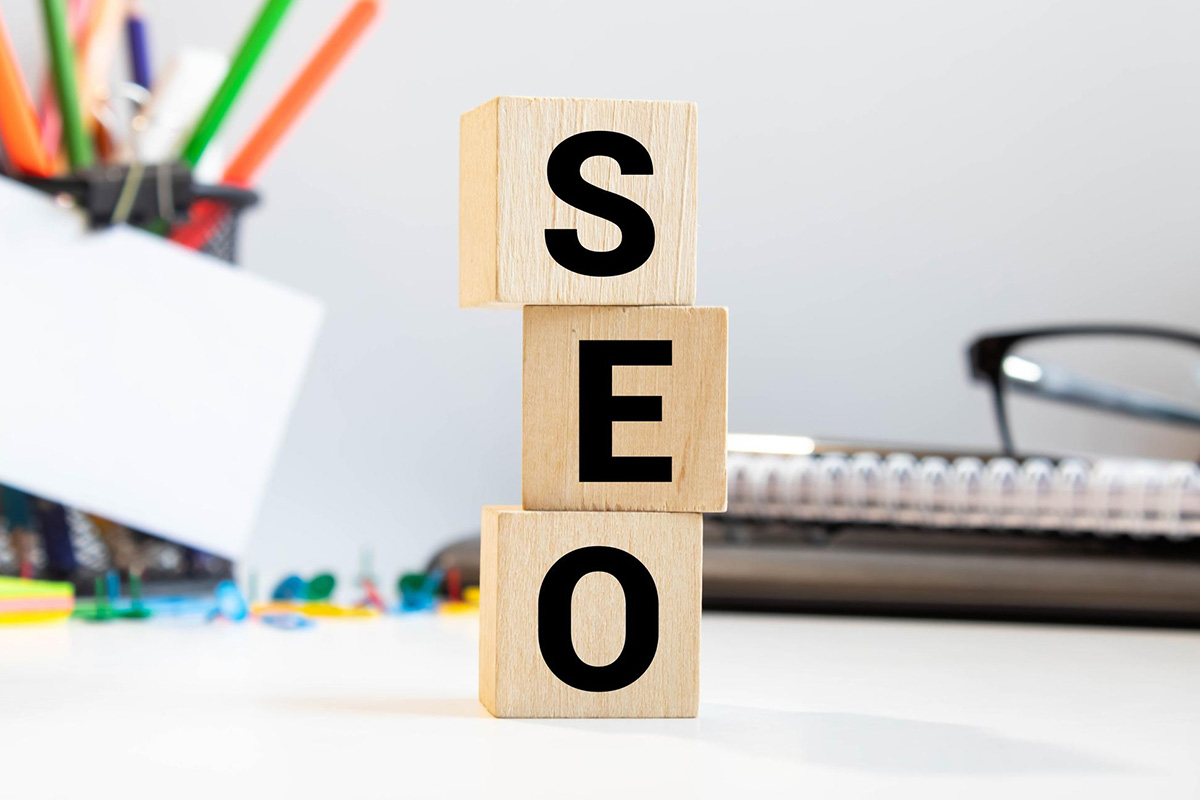



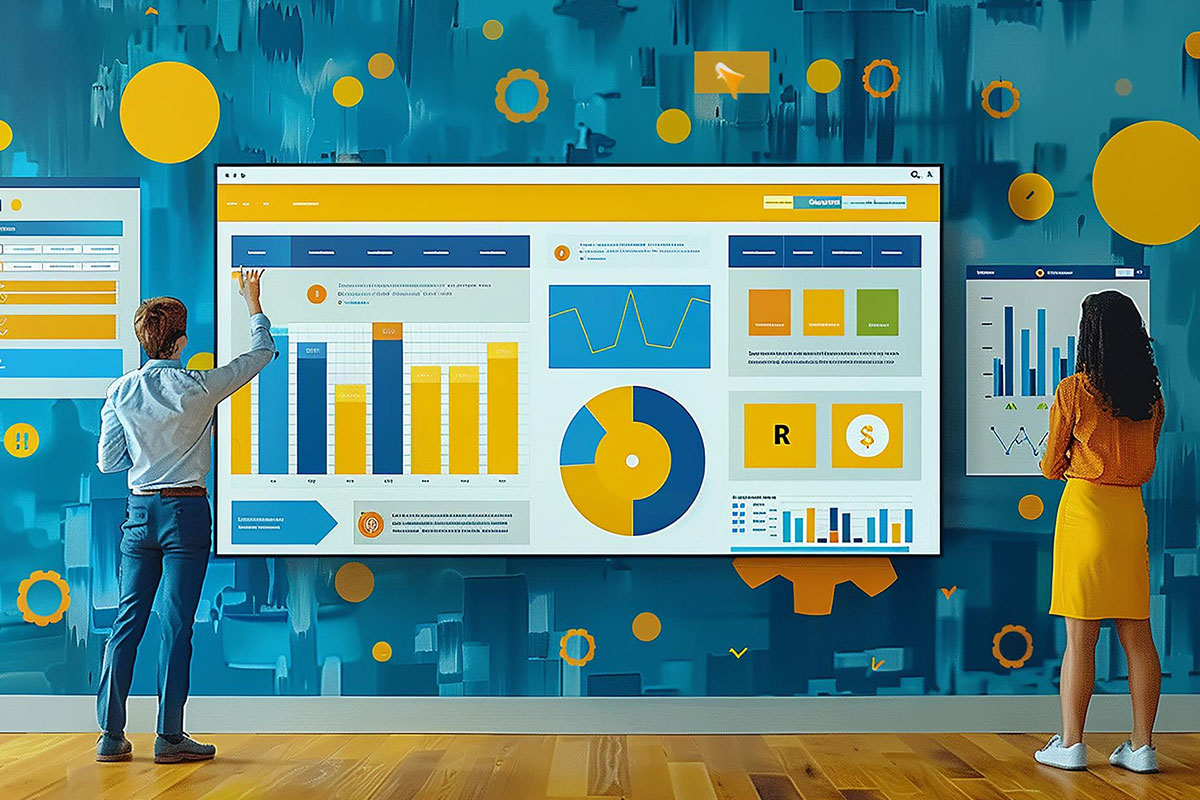








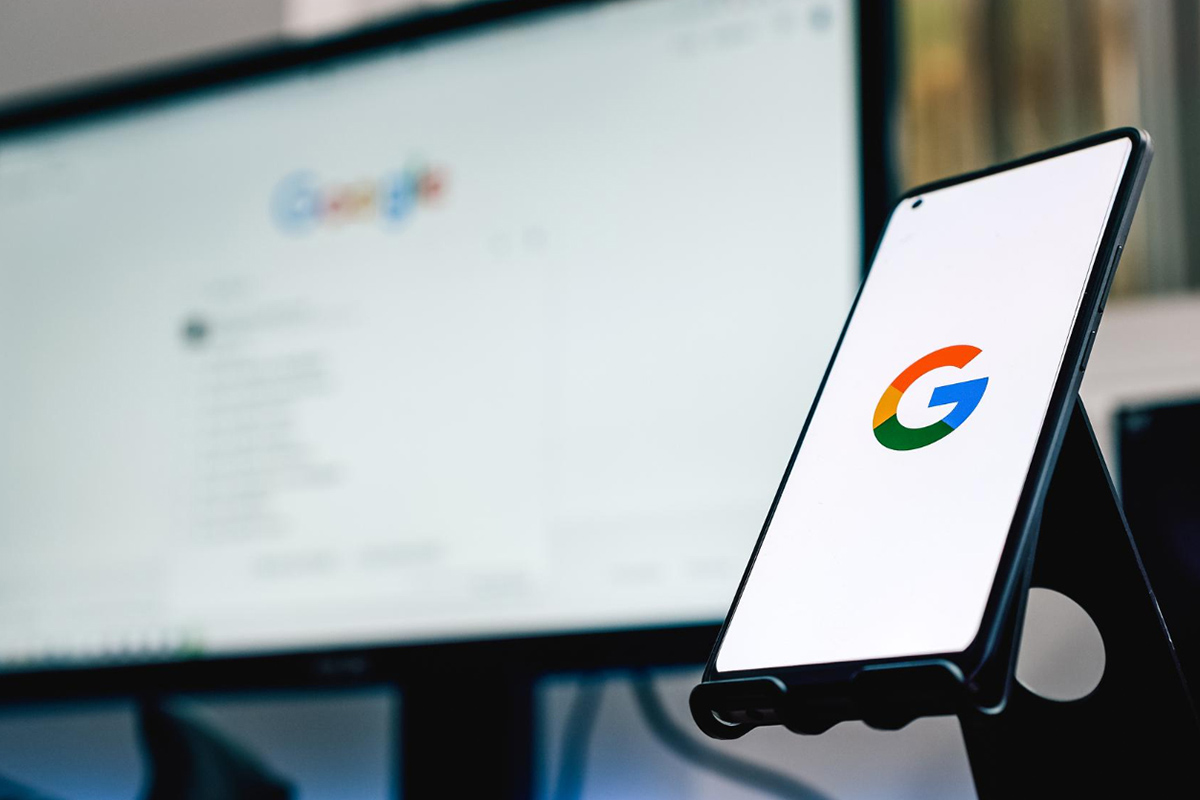









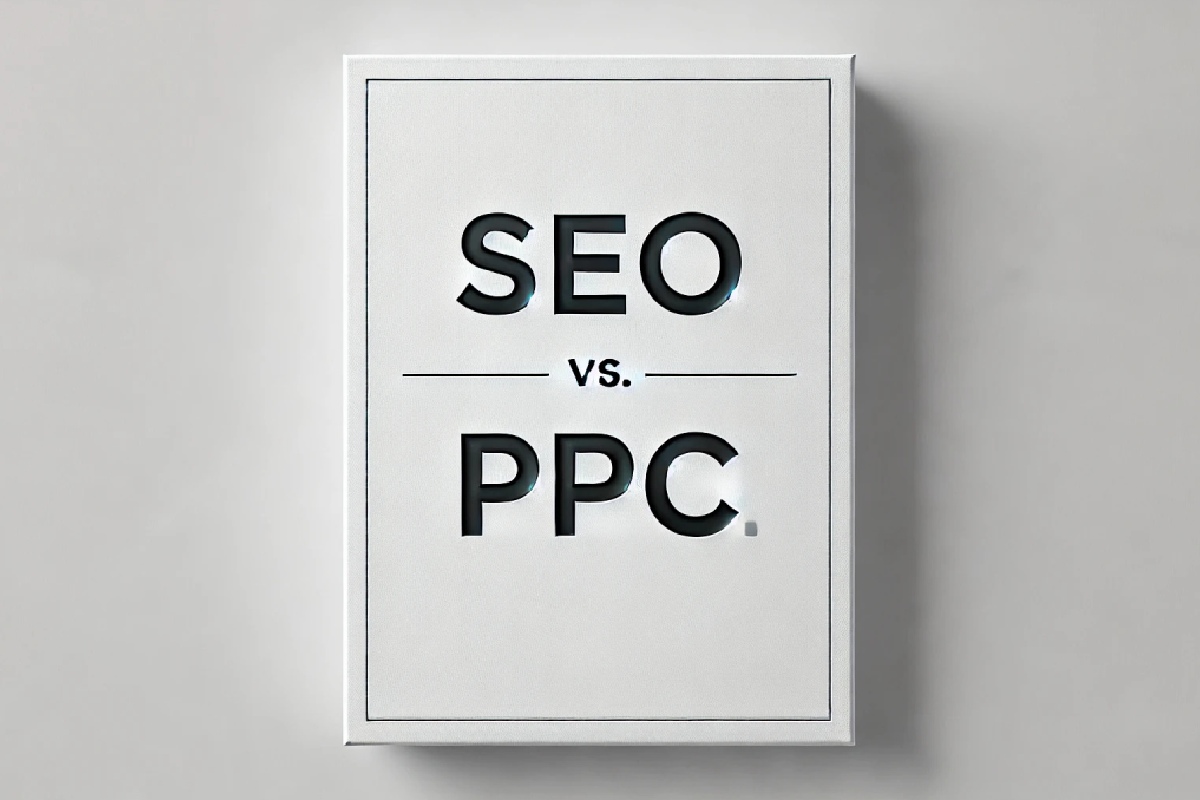





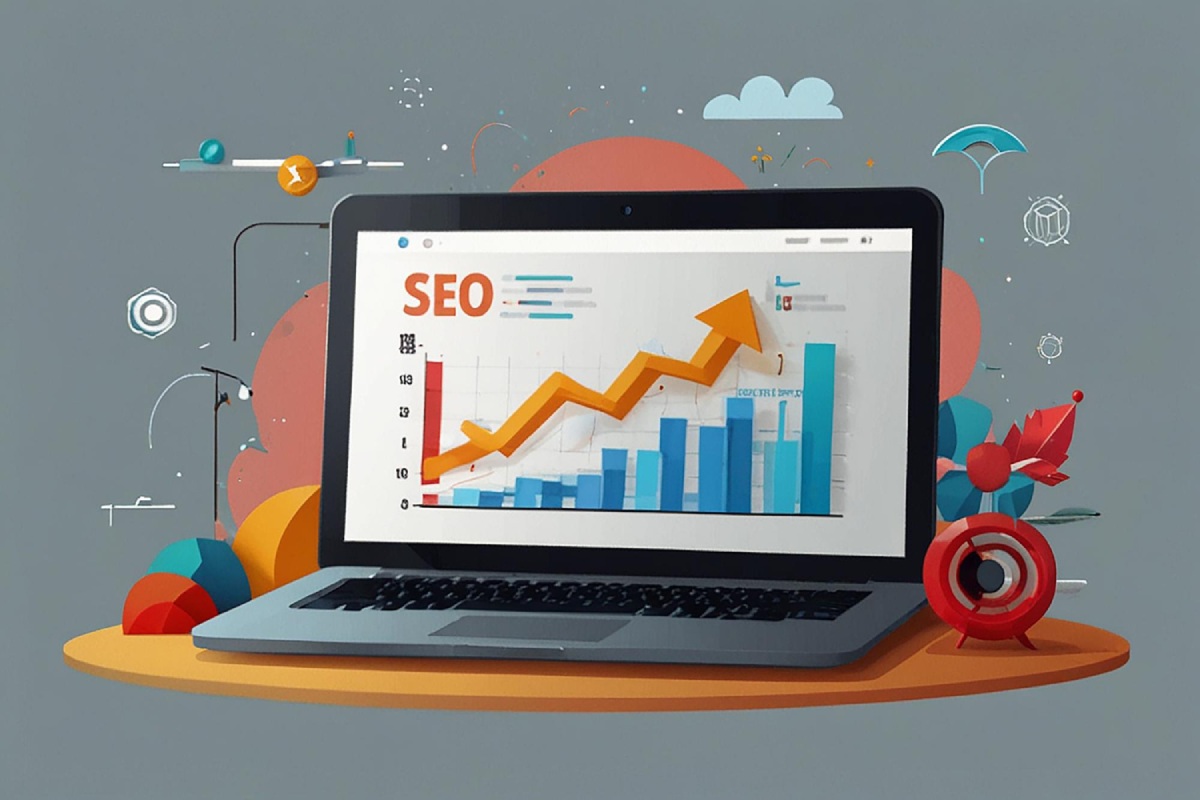



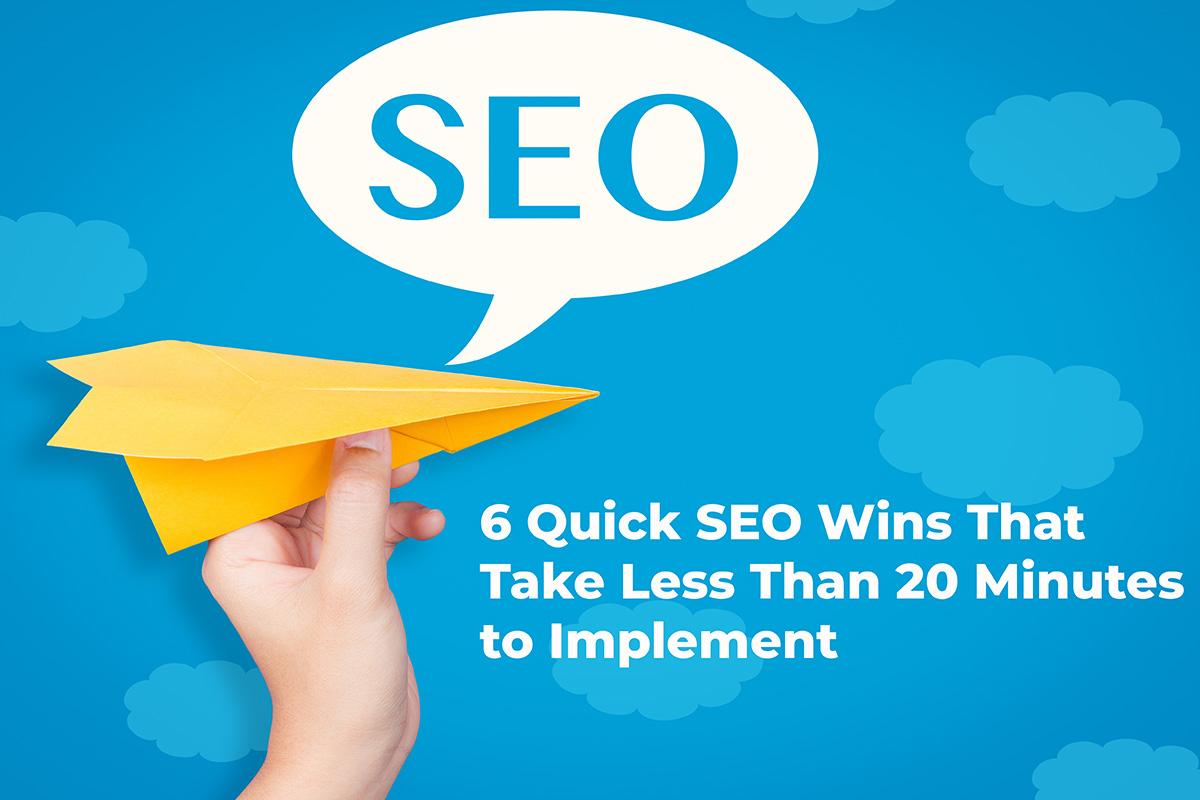








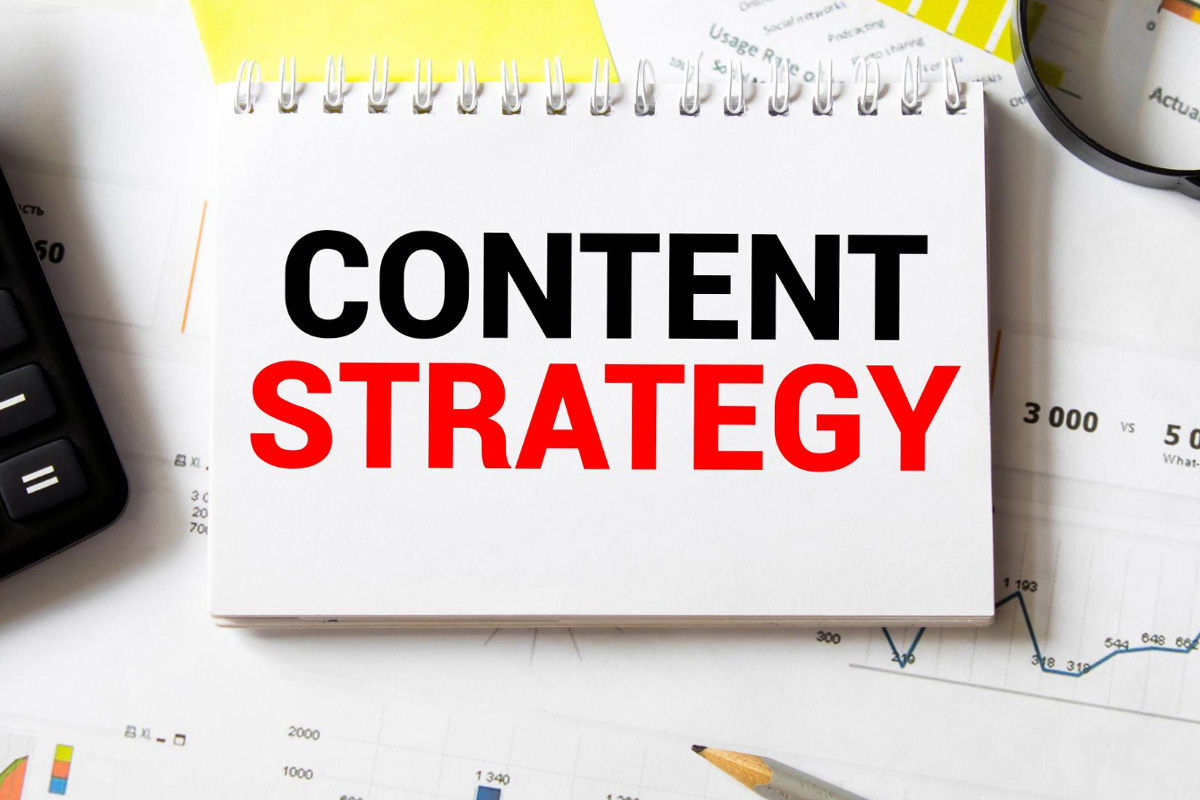


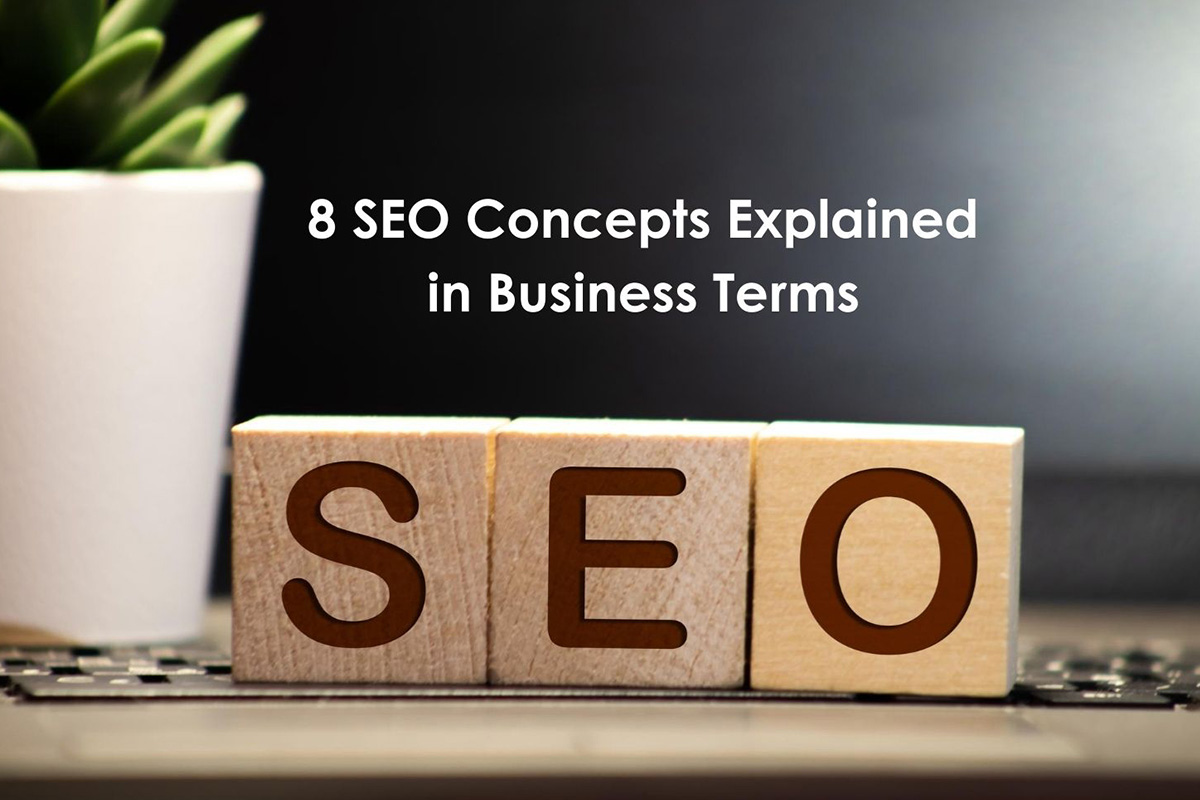



.jpg)
